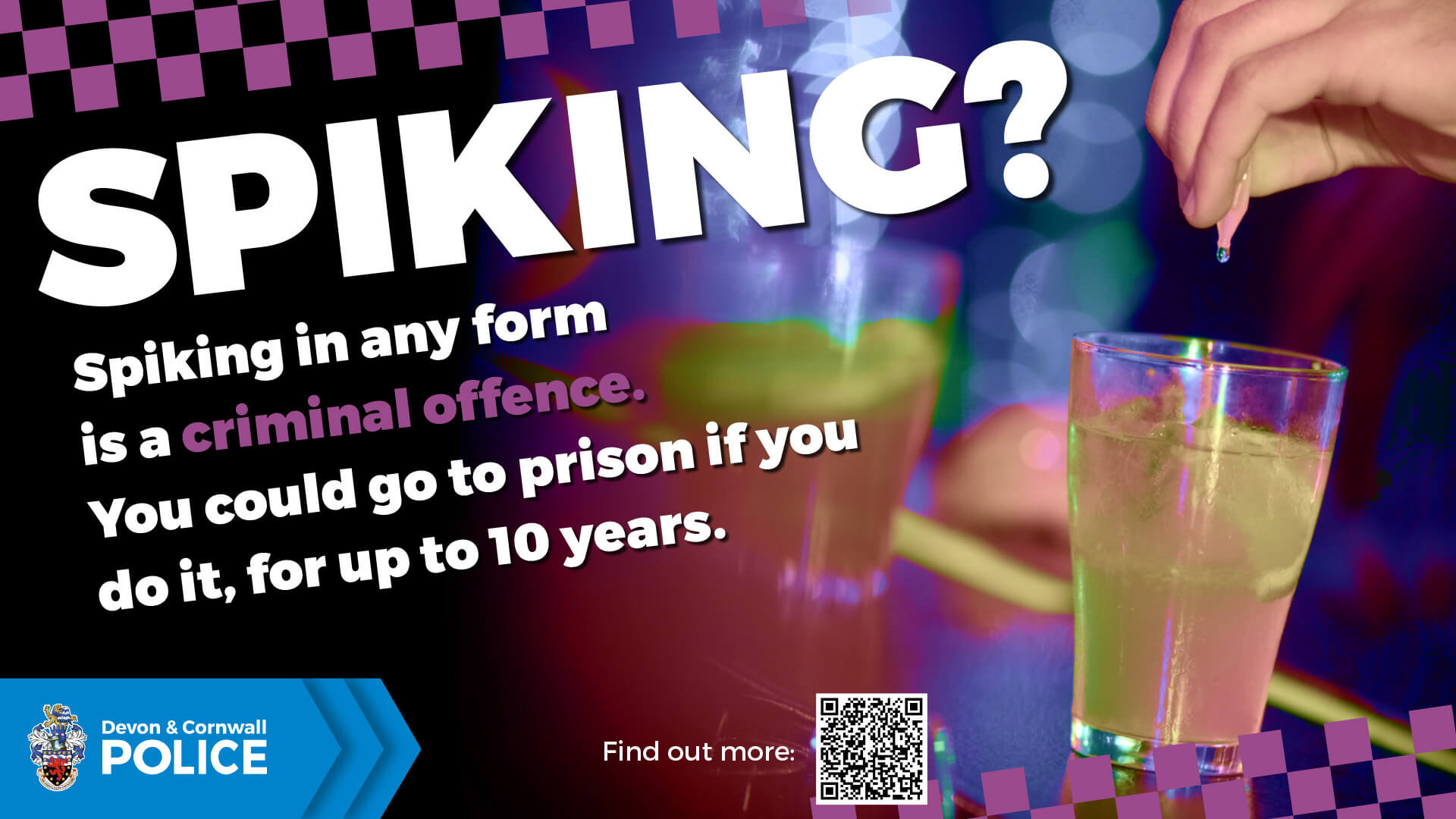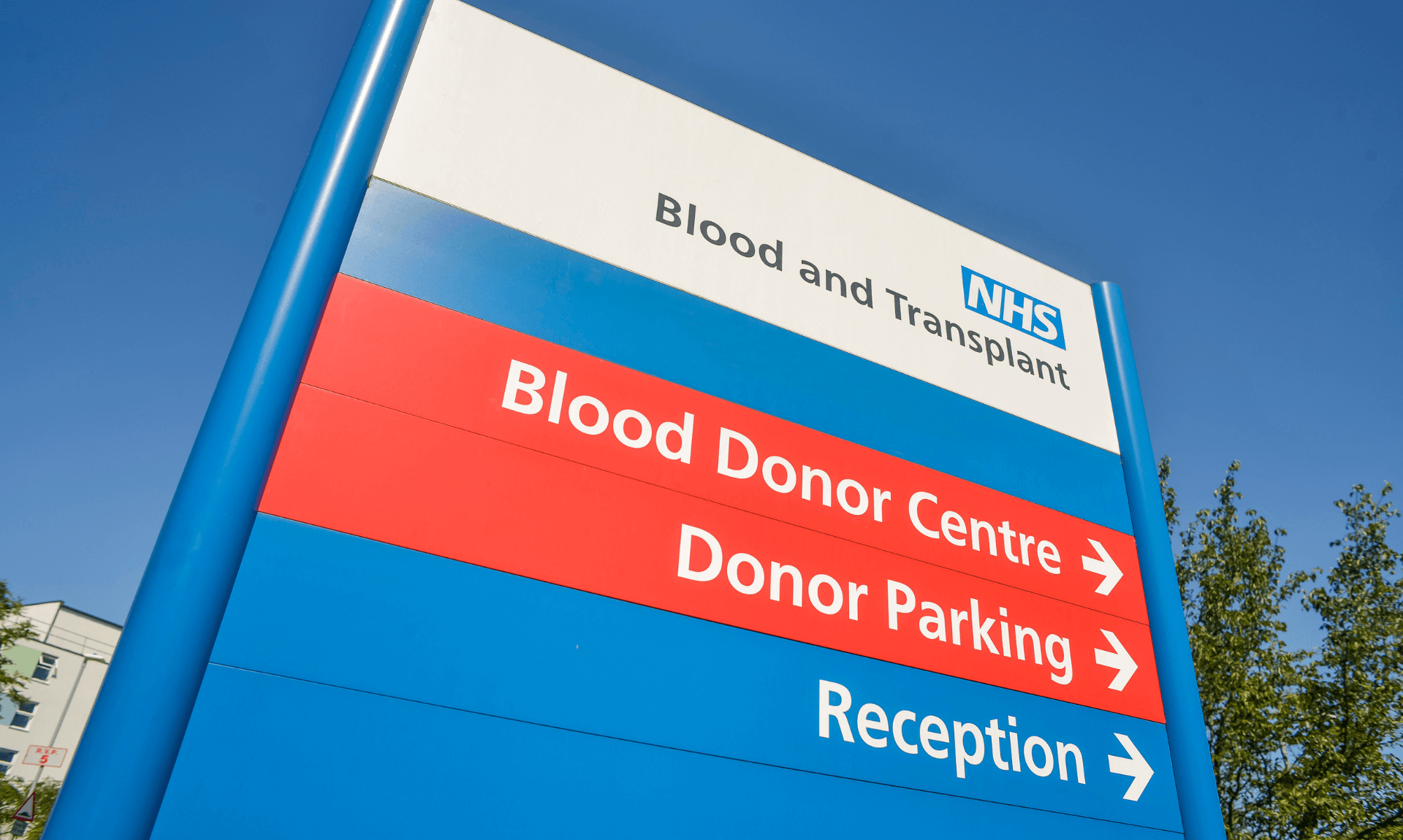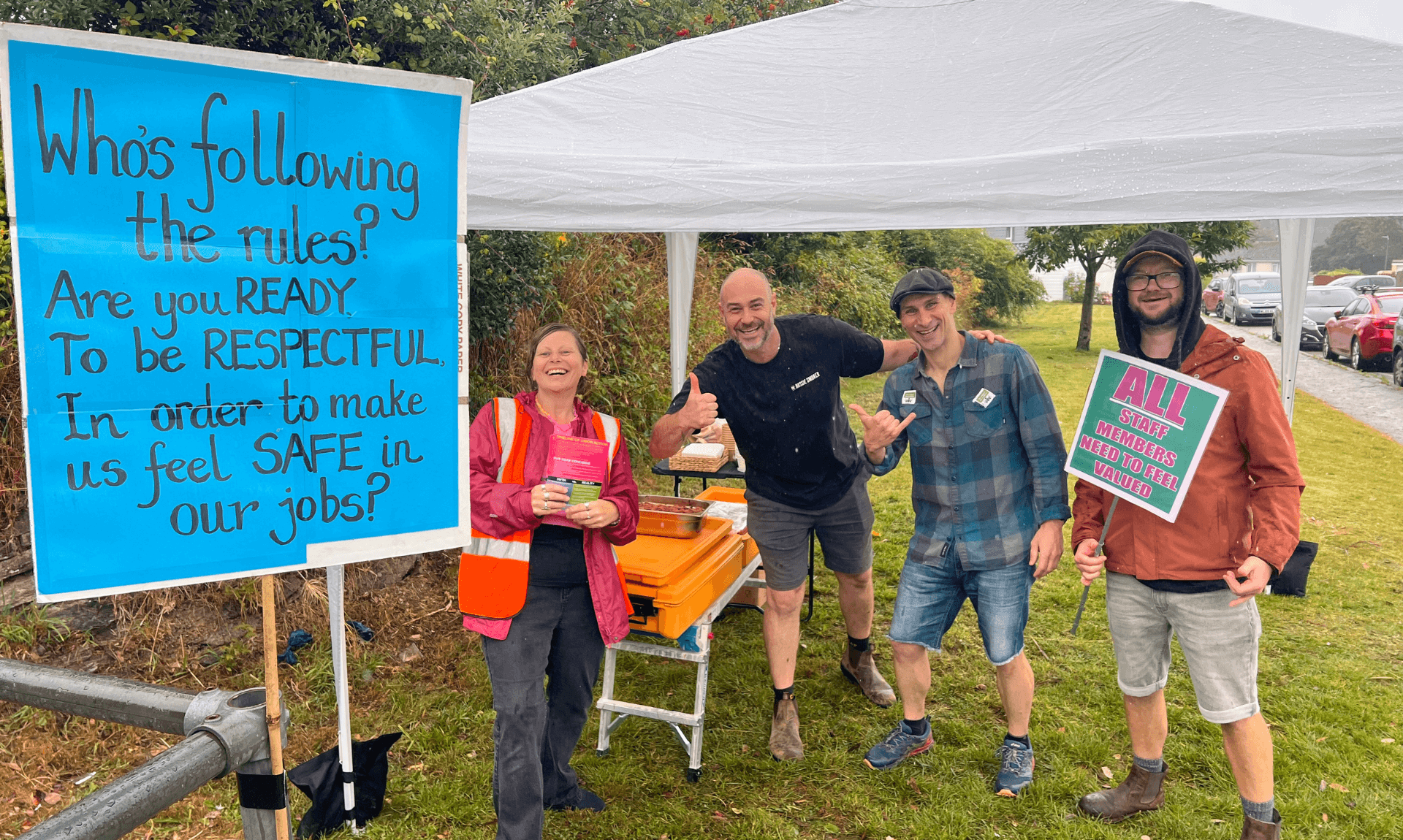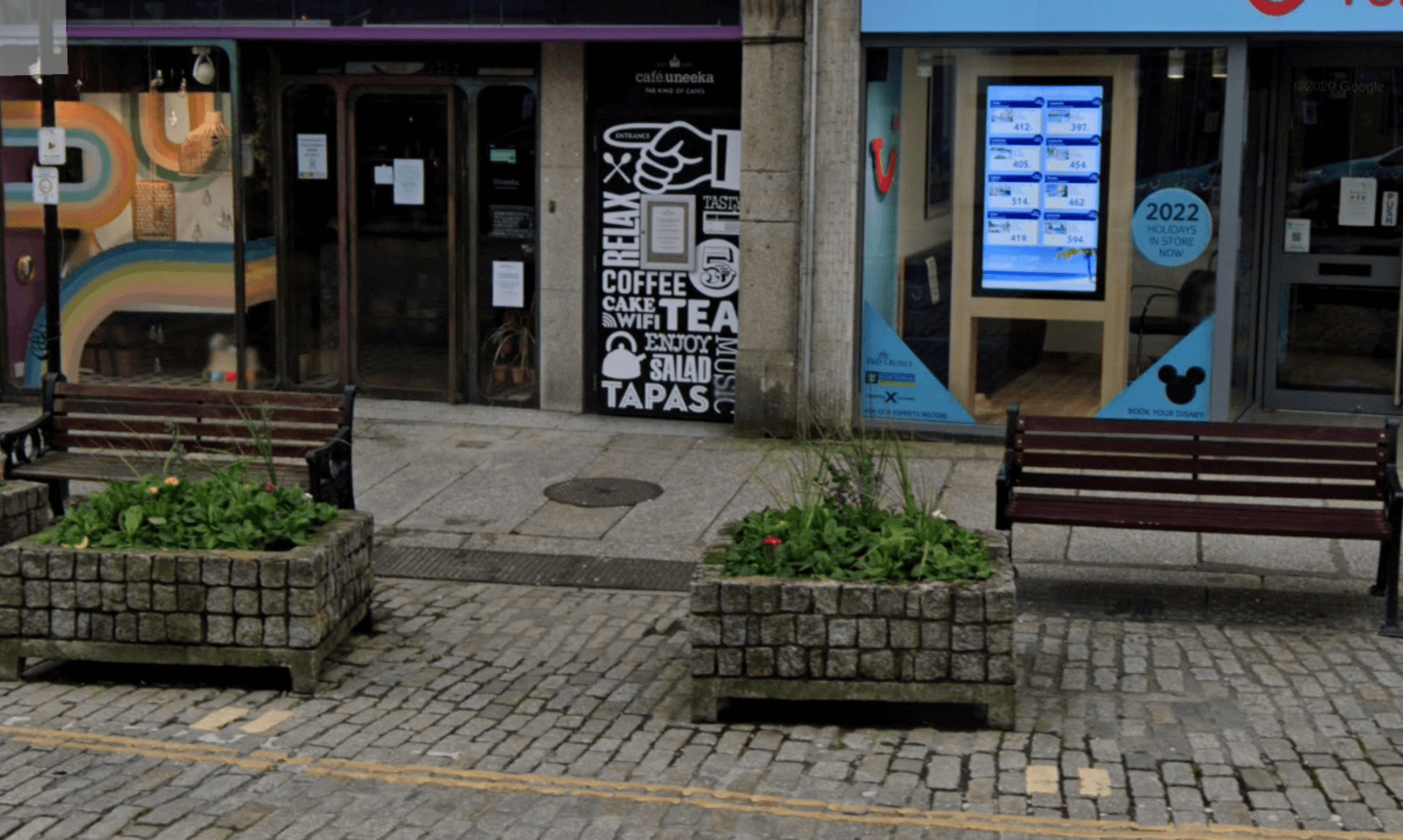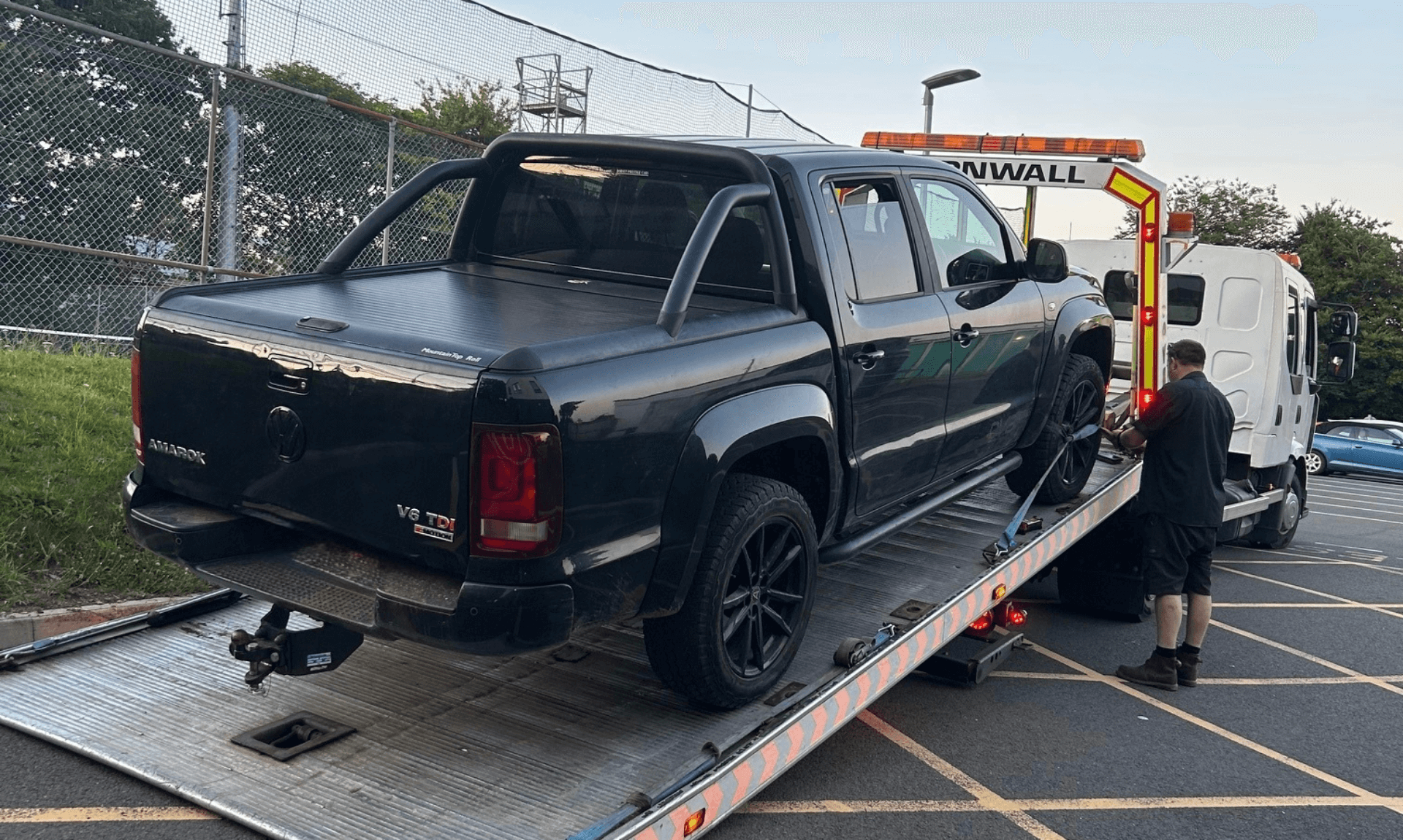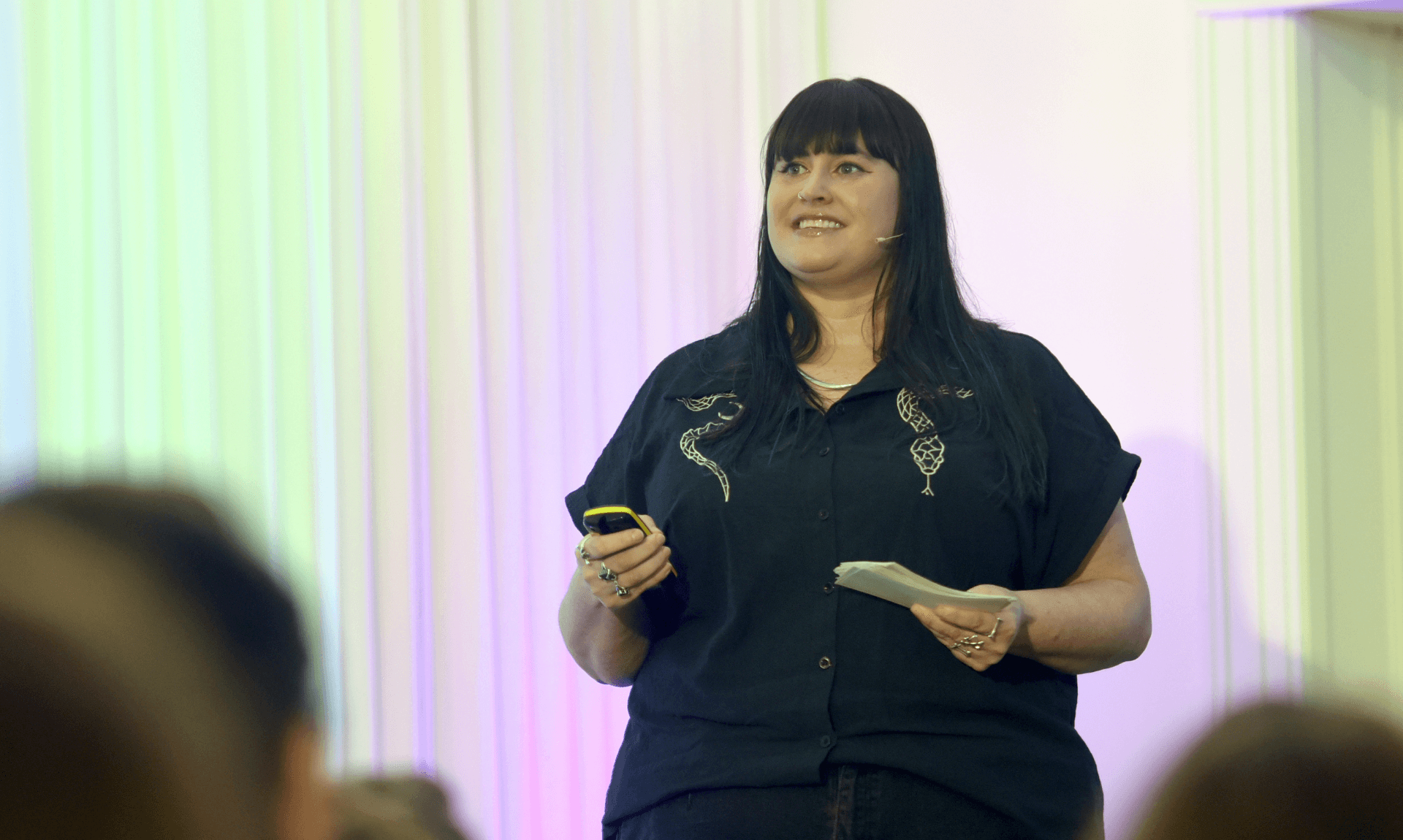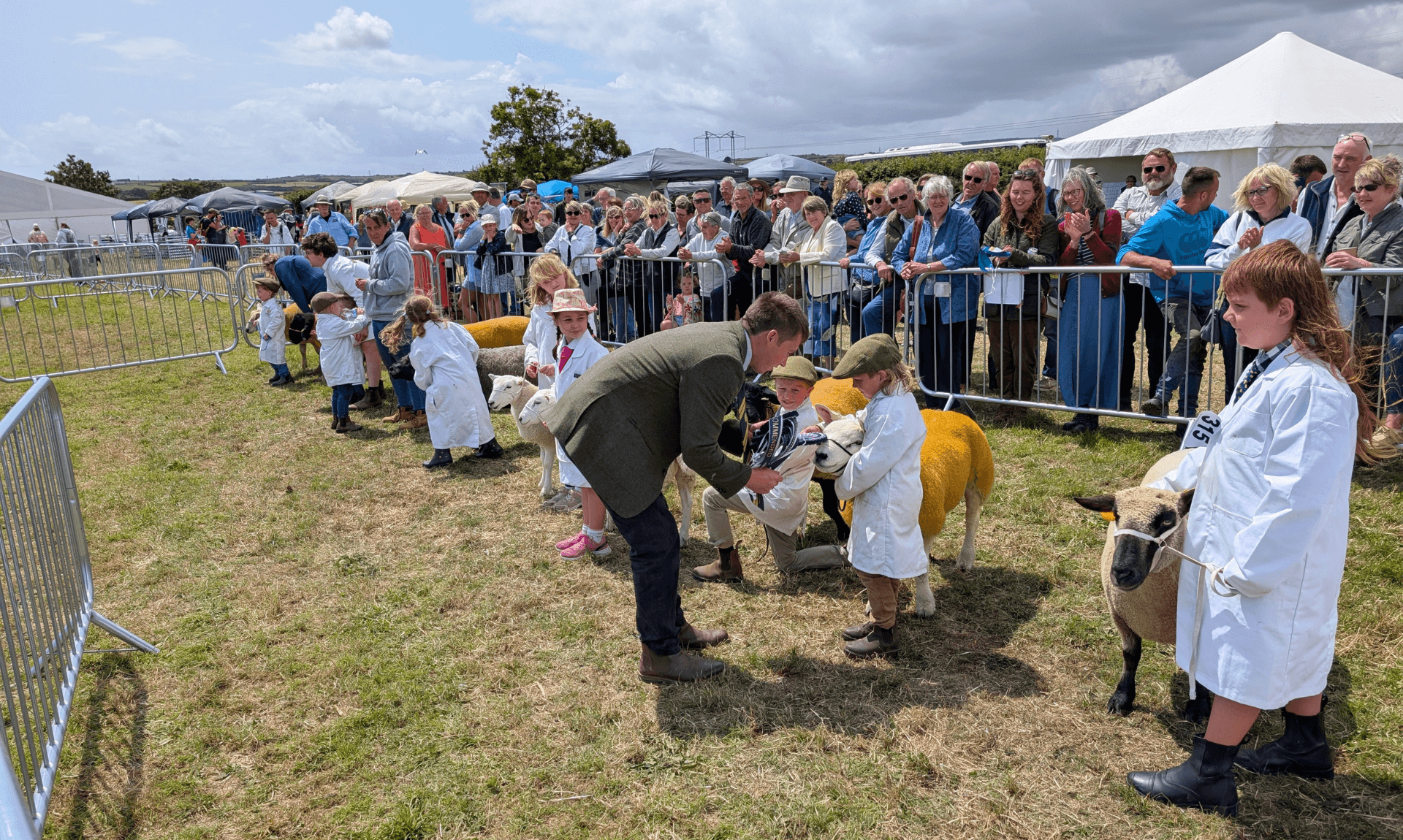“Have I Been Spiked?” Police Warn Cornwall Students What to Watch For
Police visit Penryn campus to tackle dangerous crime affecting young people on nights out
This week, representatives from Devon & Cornwall Police visited Falmouth University’s Penryn campus to speak directly with students and staff about spiking — a crime described as invasive and very harmful.
Spiking: What It Is and Why It Happens
Alcohol Licensing Officer Sue Edwards and Andy Sinclair from the force Campaigns team outlined the many ways spiking can occur. These include:
-
Adding alcohol or drugs to drinks without someone’s knowledge or consent
-
Injecting someone with substances
-
Putting substances into food, cigarettes, or vapes without permission
The police made it clear: spiking is never the victim’s fault. However, they urged students to remain alert, especially when accepting drinks or vapes, and to keep an eye out for one another.
Spiking can have a range of serious symptoms, including:
-
Confusion, nausea, hallucinations
-
Poor coordination or vision
-
Difficulty communicating
-
Memory loss and blackouts
According to the police team, some offenders spike others ‘for fun’. In more sinister cases, it is used to facilitate crimes such as sexual assault, theft, violence, or blackmail.
What to Do if You Suspect You’ve Been Spiked
PC Rachel Mayes, Neighbourhood Beat Manager for Falmouth, joined the discussion to answer questions about police response and what happens when someone reports a spiking incident.
The team stressed the importance of seeking immediate help — from a friend, staff member, or venue security — and then reporting the incident to police as soon as possible. Prompt reporting is vital so that evidence, including urine tests, can be collected.
Reports can be made:
-
Online via the Devon & Cornwall Police spiking page
-
By calling 101
-
Or anonymously via Crimestoppers
Statistics and Support
Nationally, only 6% of reported spiking cases that are tested confirm spiking occurred. In Devon and Cornwall, that figure is 4%. Despite this, police say all reports are taken seriously and they welcome any information from victims or witnesses.
The awareness event was organised by Fleur Andrews, a 3rd-year Business and Digital Marketing student at Falmouth University.
To find out more or report spiking, visit www.devon-cornwall.police.uk/spiking.
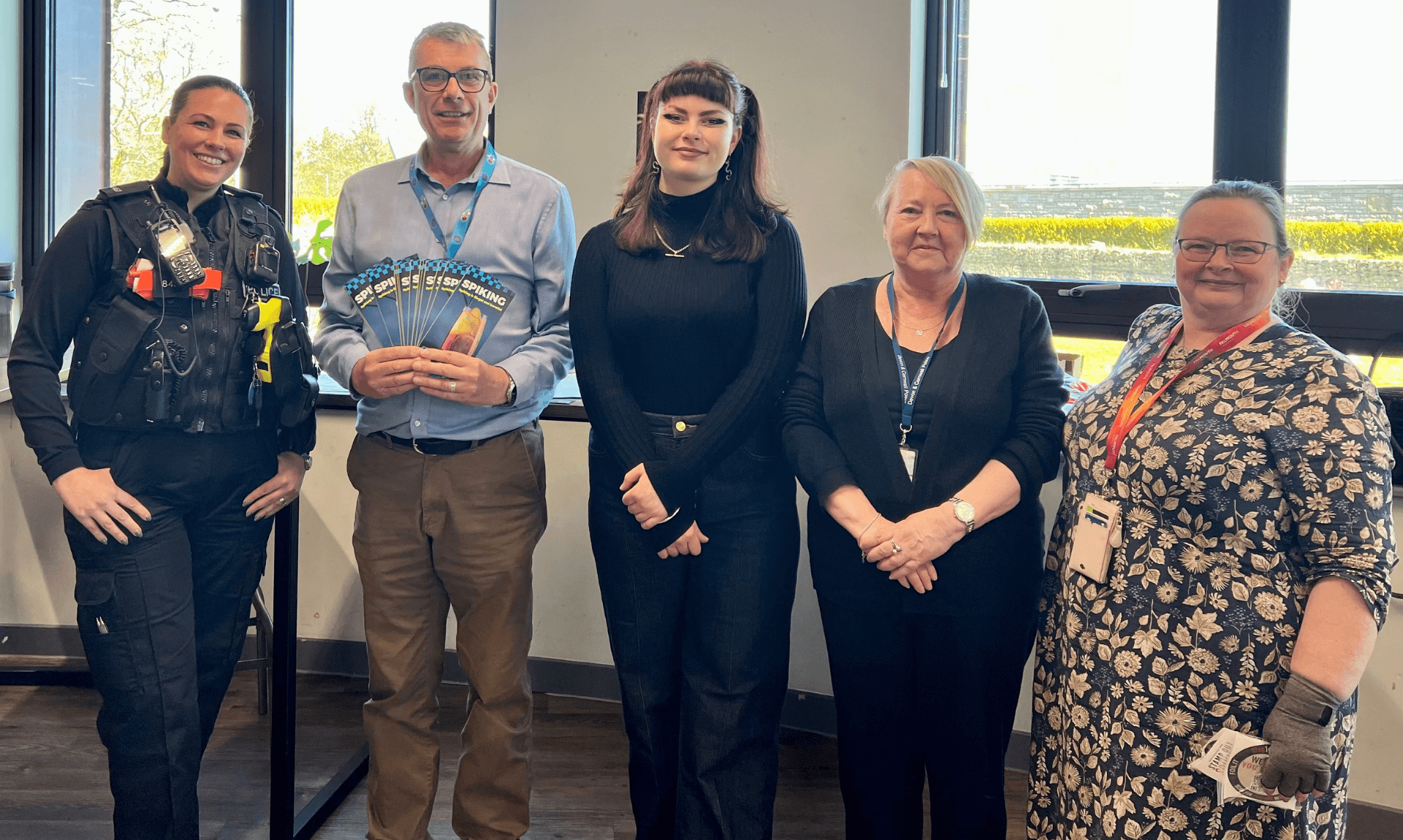
Share This Story, Choose Your Platform!
To keep up with the latest cornish news follow us below
Follow CornishStuff on Facebook - Like our Facebook page to get the latest news in your feed and join in the discussions in the comments. Click here to give us a like!
Follow us on Twitter - For the latest breaking news in Cornwall and the latest stories, click here to follow CornishStuff on X.
Follow us on Instagram - We also put the latest news in our Instagram Stories. Click here to follow CornishStuff on Instagram.
You Might Also Be Interested In
Latest News In Cornwall
Daily Cornish news by email
The latest daily news in Cornwall, sent direct to your inbox.

